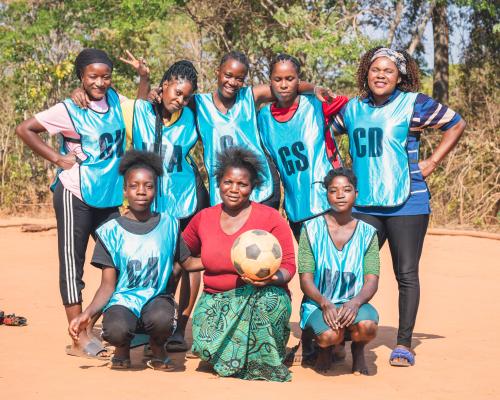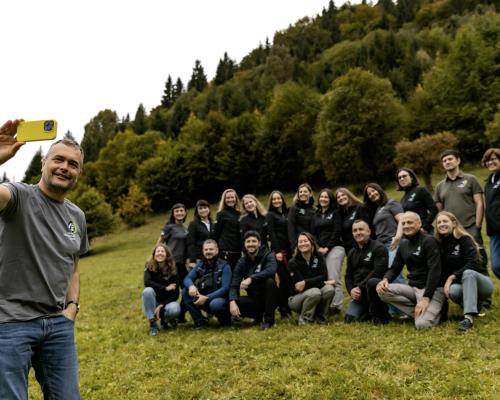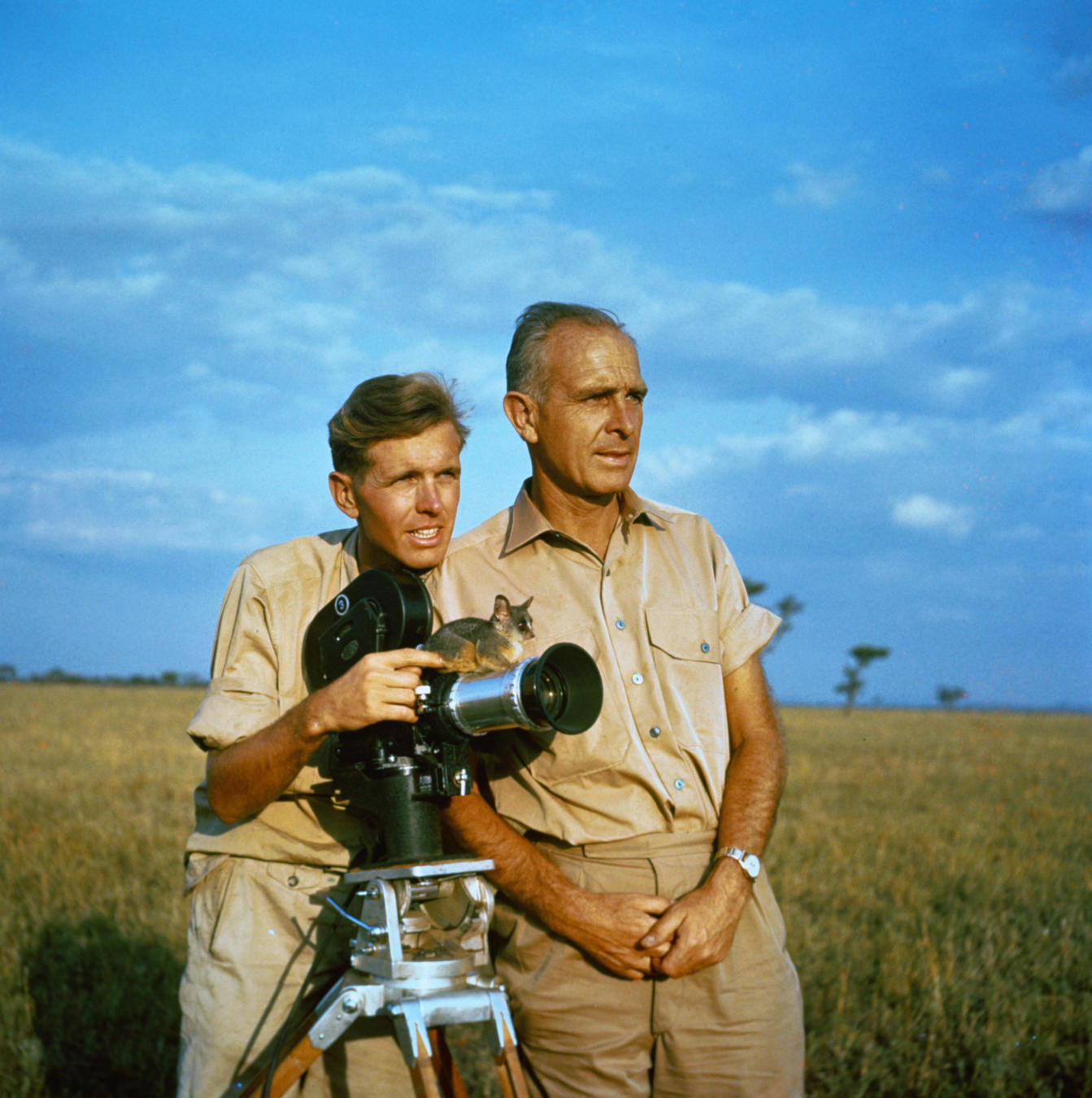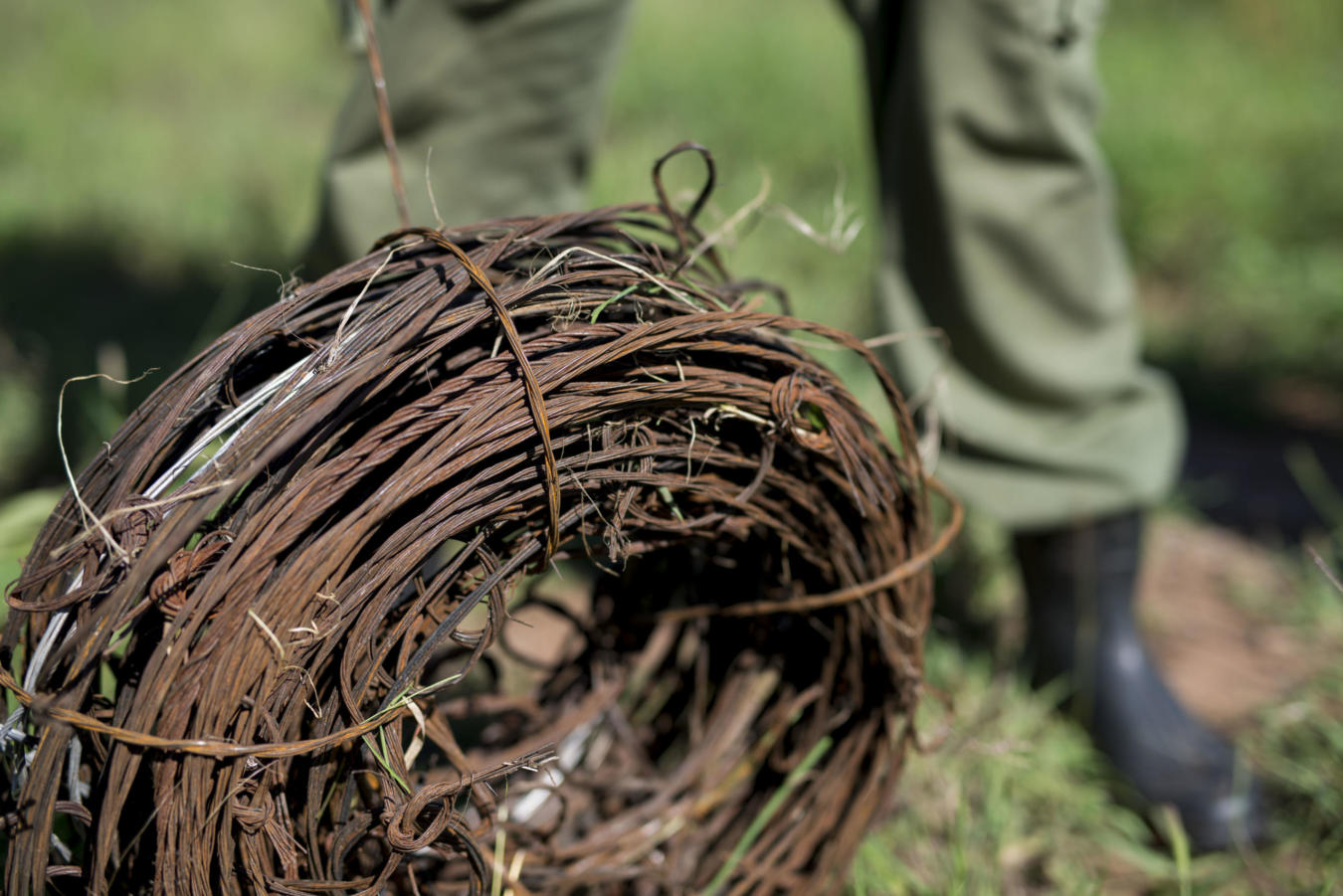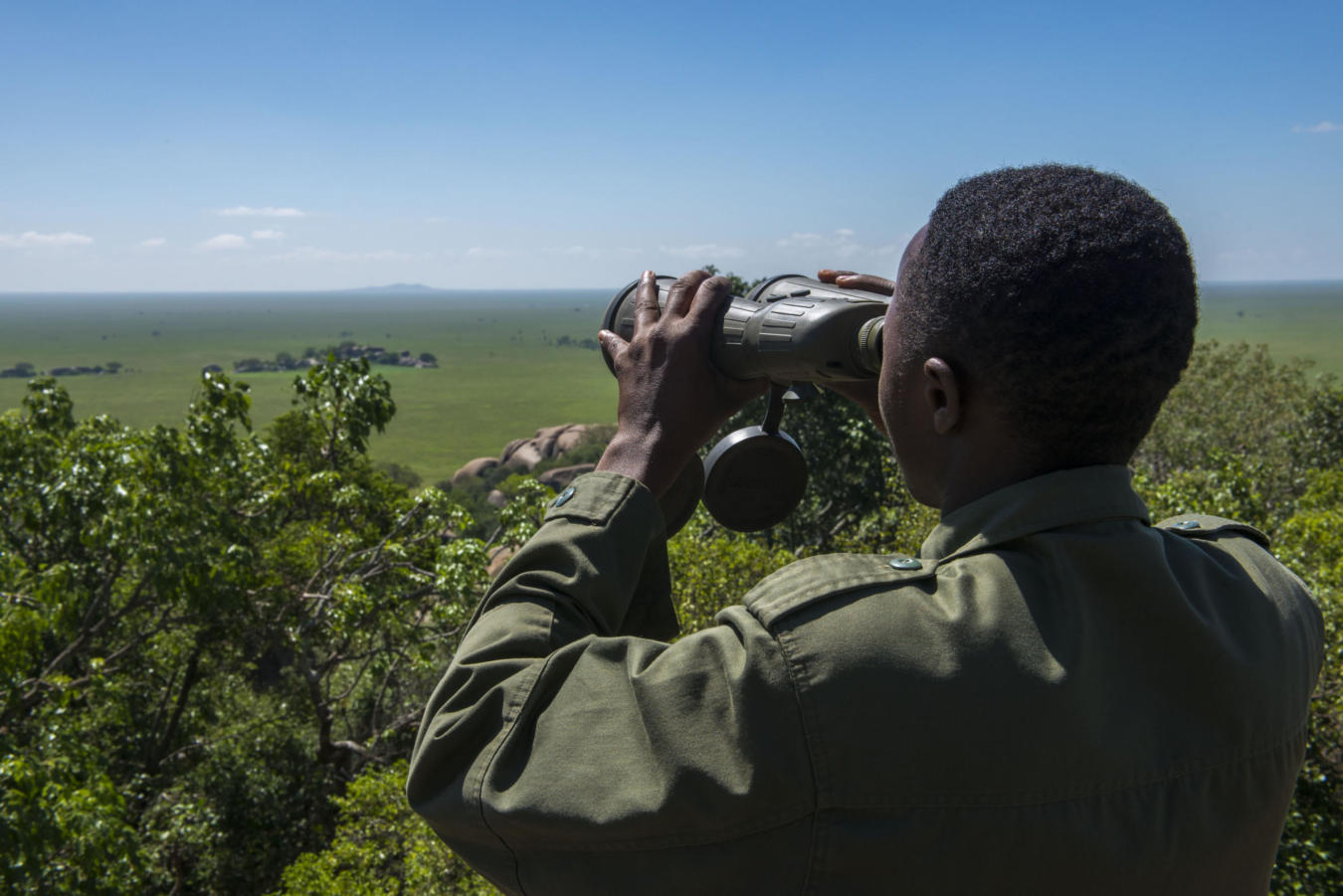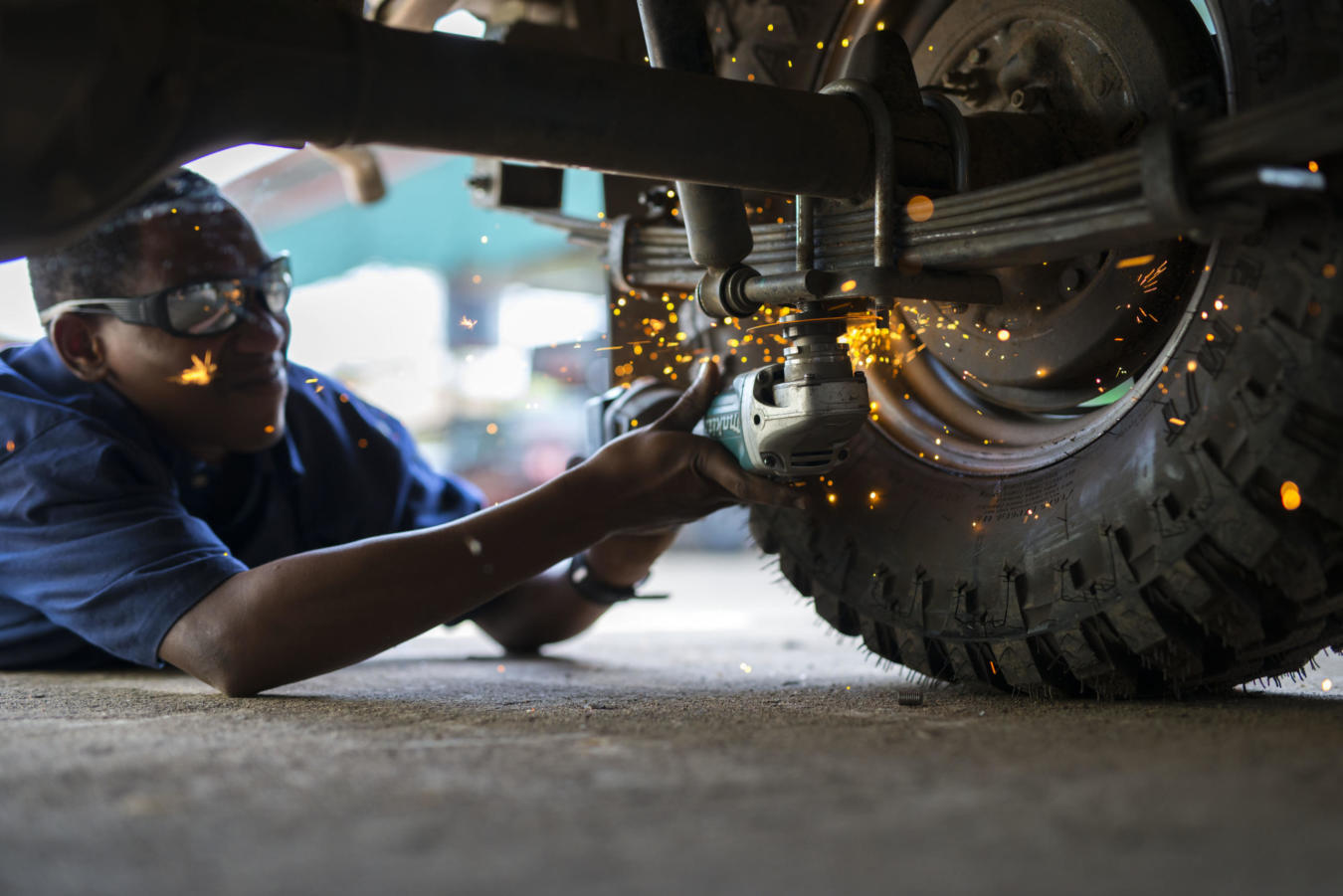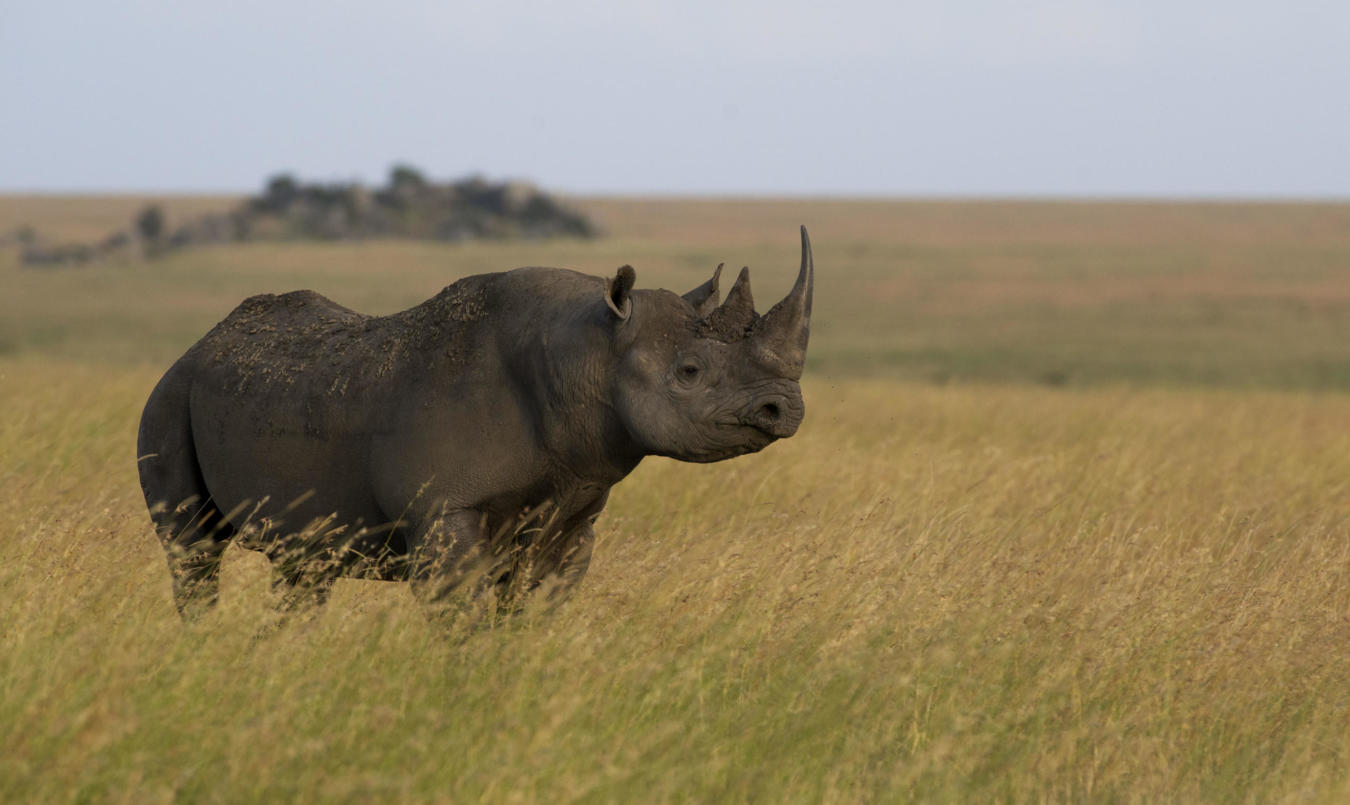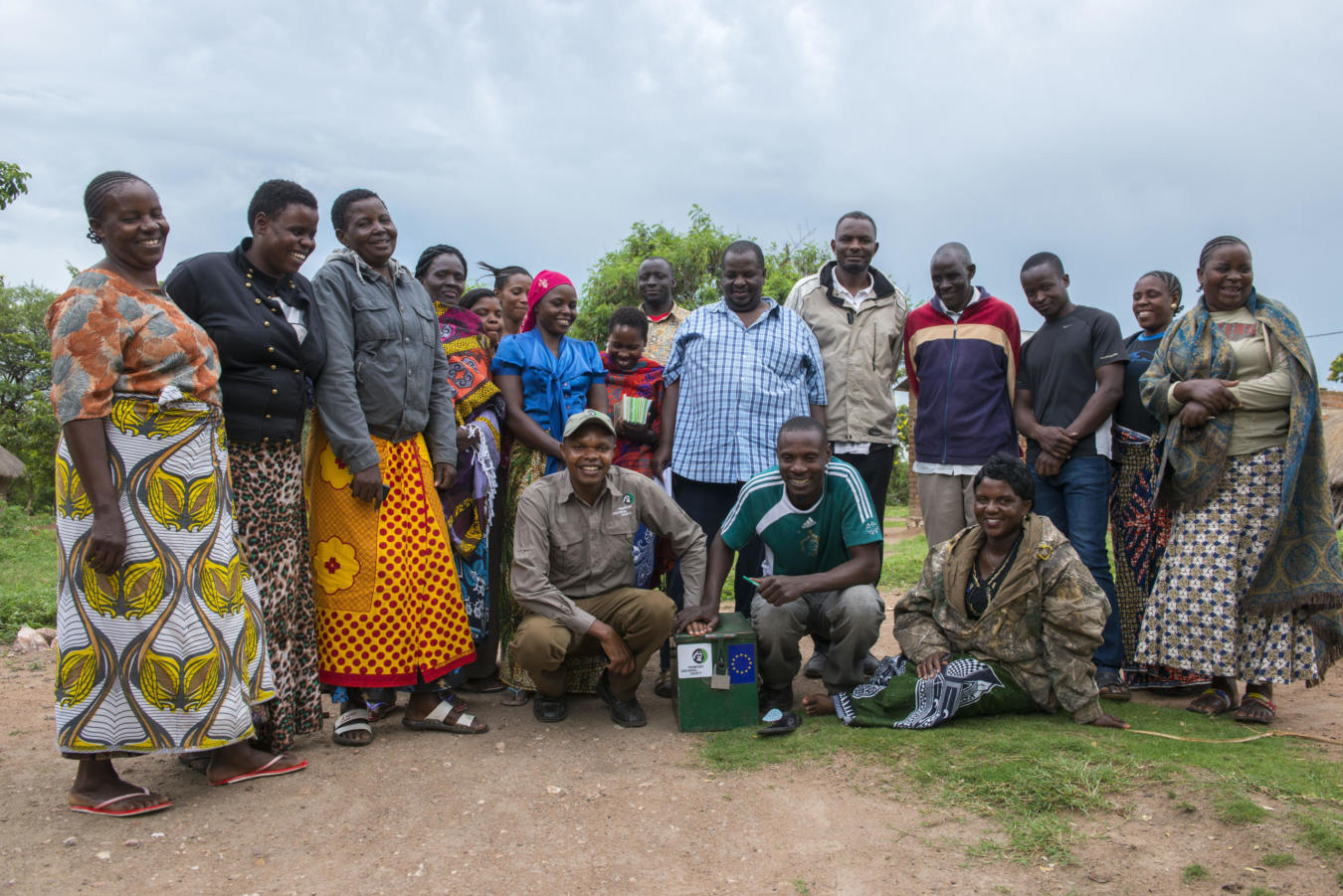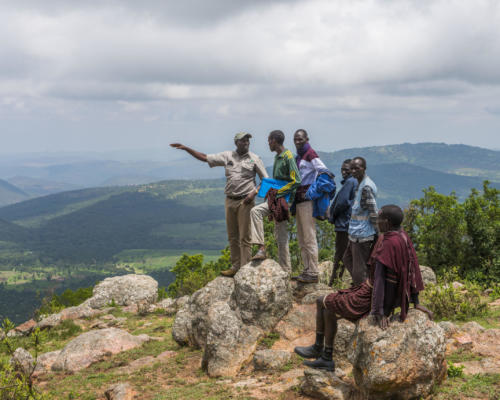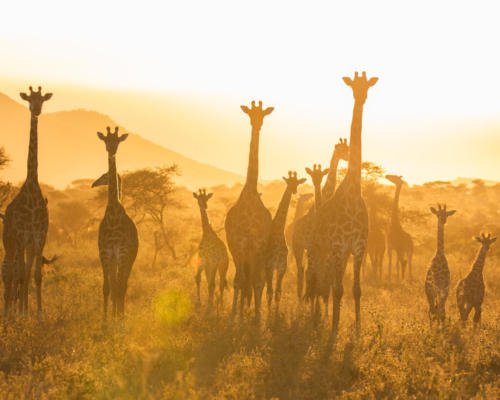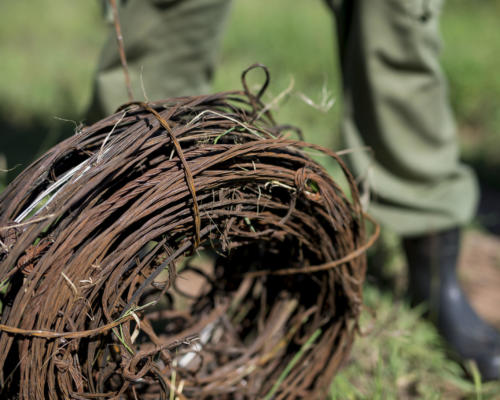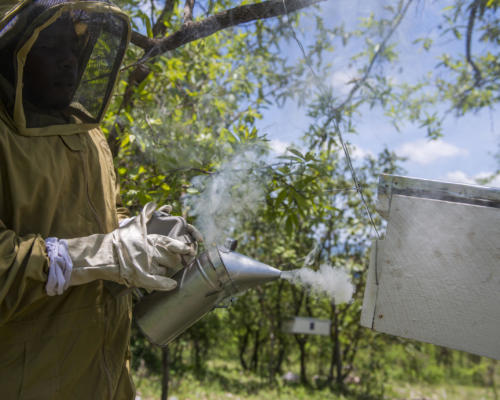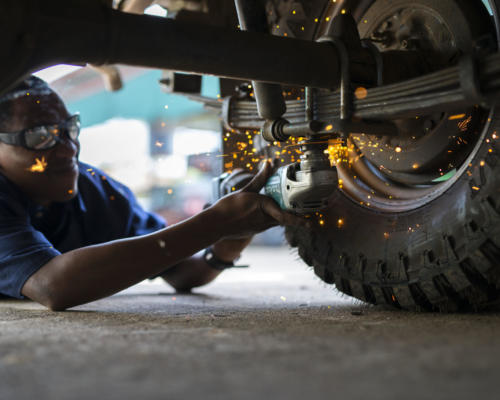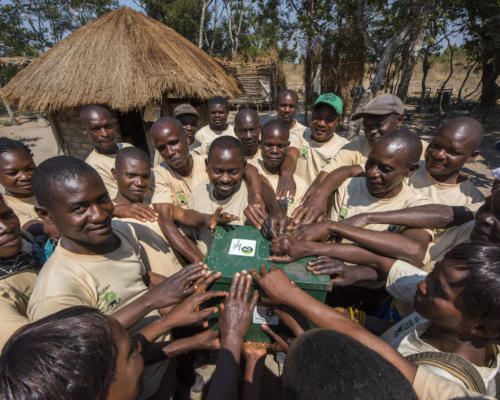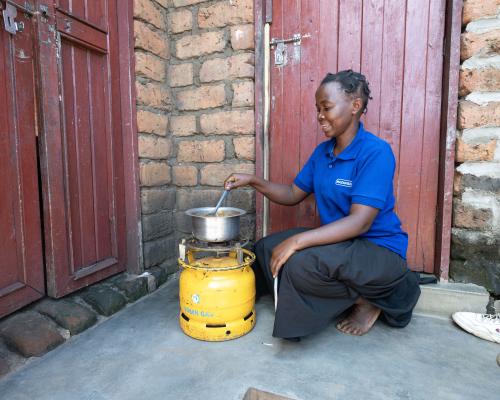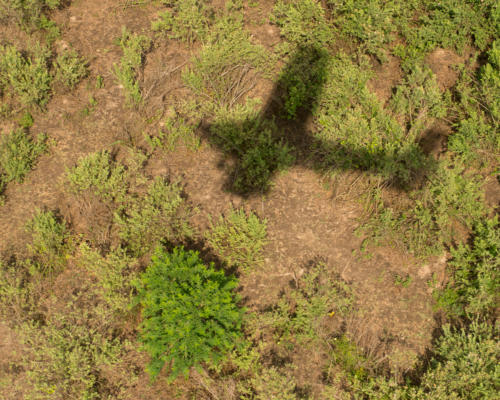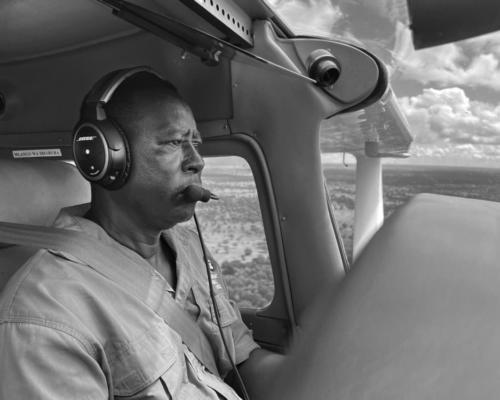We have been supporting the Serengeti National Park for 60+ years. Since the start of the pandemic, the Park has faced many new challenges. Apart from our usual conservation activities, we have been able to step up our support to Park authorities who have been financially affected by COVID-19, thanks to generous donors. As the crisis continues, so too does the need to continue with this support.
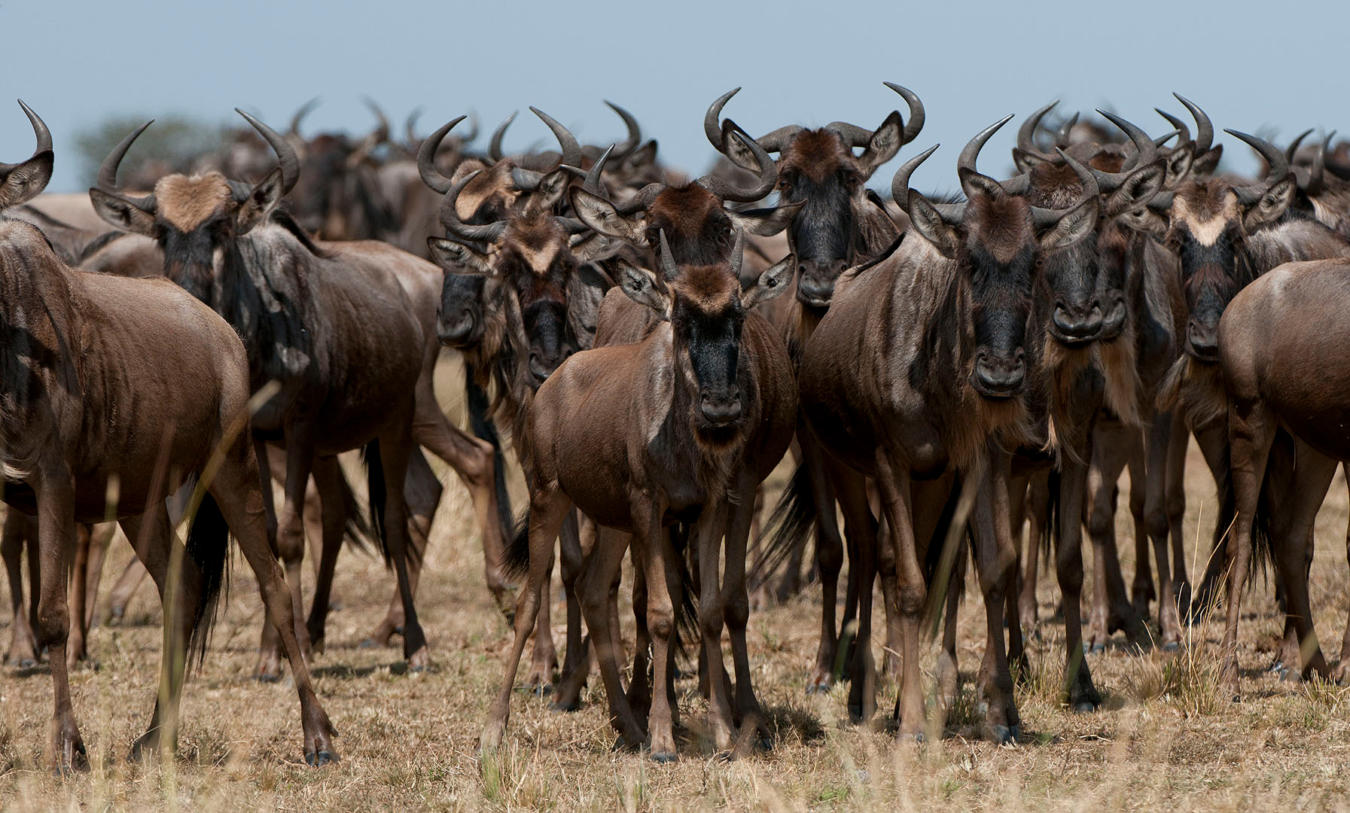
The impact of COVID on the Serengeti
Bernhard Grzimek and his son, Michael, began FZS’s work in the Serengeti National Park by flying an airplane and counting wildlife in 1958. They began a long-term census that tracks changes in wildlife population numbers. This set the foundation for our 60+ year partnership with Serengeti National Park Authority (SENAPA). As well as our work in helping to protect the wider Serengeti Ecosystem.
Since then, our tasks have grown. Our teams remove wire snares set by poachers that trap wildlife such as zebras, wildebeest, and anything else that walks into them. They source equipment needed for the Park, such as vehicles, binoculars, and more. They repair vehicles, they assist with protecting the critically endangered black rhinoceros. They also continue the monitoring work started by Bernhard and Michael Grzimek.
Not only that, but now FZS also works beyond Park boundaries. One way we do this is by empowering local communities to engage in conservation initiatives. For example, by helping set up Community Conservation Banks (COCOBAs). These are small, self-managed cooperative banks that finance the creation or growth of small businesses. COCOBAs also help provide important savings for community members in times of financial hardship.
Tanzania relies on revenue from tourists to fund ongoing operations in its protected areas. But because of global travel restrictions caused by the pandemic, tourism in the country’s protected areas stopped. This led to a decrease in finances flowing to conservation efforts. FZS was able to stand by partners in their time of need. We did this by continuing to fund our own projects, and by sourcing emergency funding from donors.
For example, we helped make sure that basic Park protection could continue as before. This includes regular aerial surveillance to track wildlife, ensuring maintenance of anti-poaching patrol vehicles, and that Park rangers have necessary equipment and rations to continue their work.
We are able to support some operational costs with help from donors, our financial reserves, and the Mission Possible campaign. Although that has helped keep the Park protected, and people employed, the pandemic and associated lack of tourism are ongoing problems. So, for now, costs for fuel, vehicle maintenance, and equipment still need continual support.
If you would like to support our work, then feel free to visit our donations page. We and the teams who work on the ground to keep the Serengeti safe thank you!






